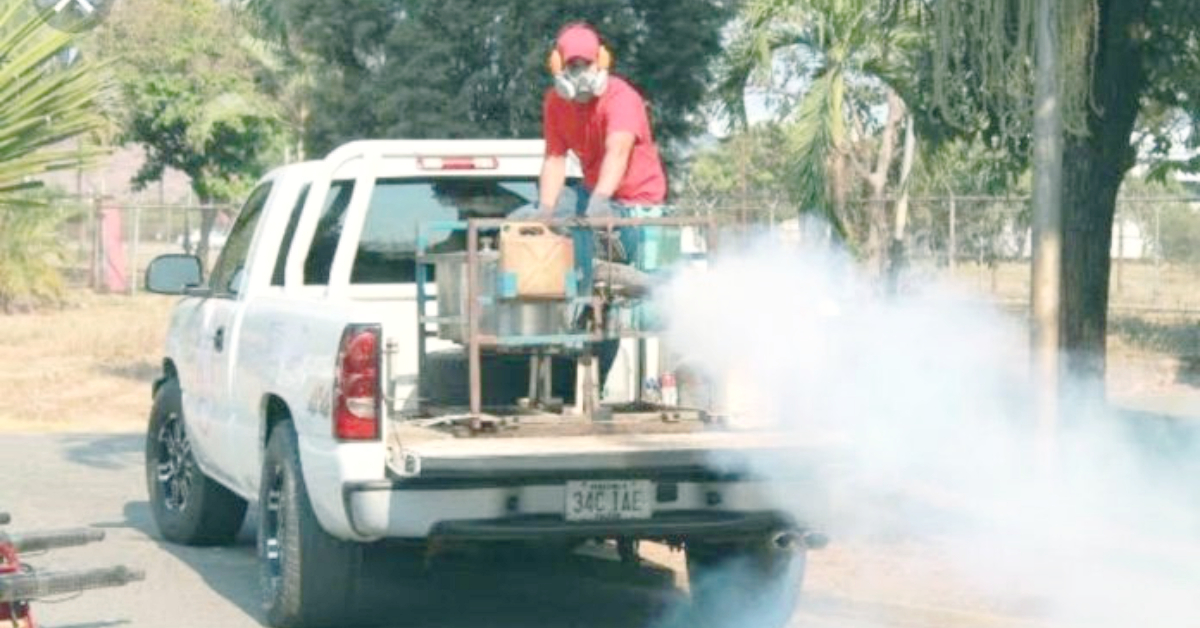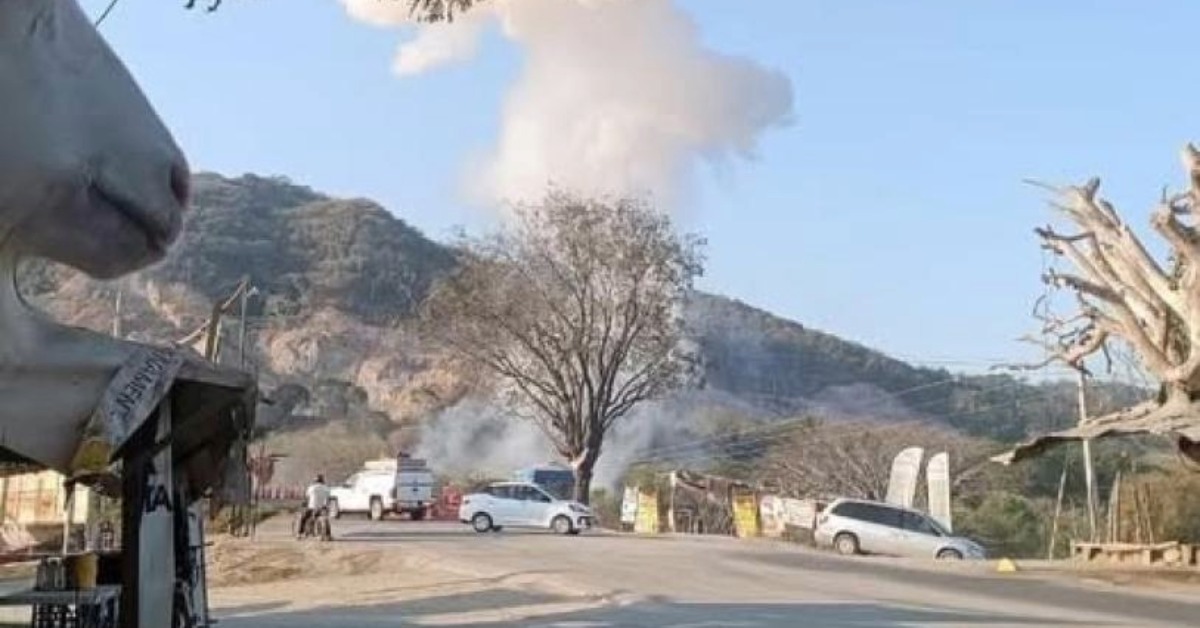Puerto Vallarta, Mexico - In response to the escalating dengue cases in Puerto Vallarta, health authorities have sounded the alarm, warning of potential catastrophic scenarios if swift action is not taken. The recent epidemiological report reveals a concerning uptick in dengue cases, with nine new cases reported in the last week alone, bringing the total count to 54 this year.






